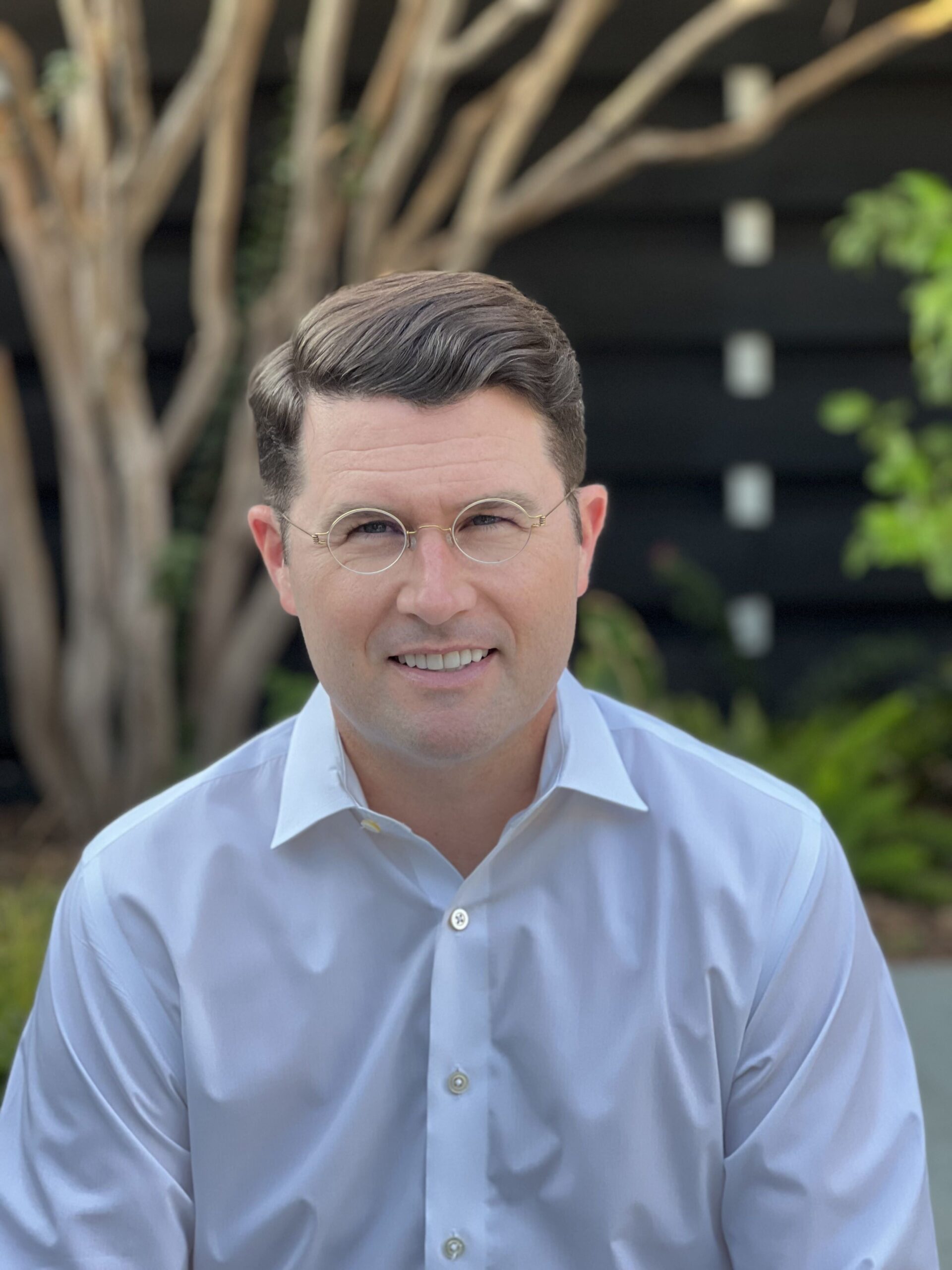
The tearing, clamping, crushing, and cutting procedure benignly known as routine infant male circumcision is a violation of the boy subjected to the procedure. Like any serious bodily violation, the effects of infant male genital cutting are not necessarily confined to the locus of the violation. They can ripple outward, adversely affecting the boy, and the man he becomes, in myriad ways, both psychologically and interpersonally. With saddening frequency, testimonies of adult men confirm that these ripples can slosh onto the parent-child relationship. Some of these men express anger, sometimes even rage, toward their parents for authorizing a medically unnecessary cosmetic surgery that removed healthy, functioning, erogenous tissue from their bodies without their consent. This piece is for these men. I hope to persuade them to honor their anger, to reassess it, and to redirect it.
Why Did Your Parents Decide to Circumcise?
Can you remember a time when your parents expressed concern for you? Protected you? Cared for you? Worried about you? Gave you presents on your birthday? Took you on a wonderful family vacation? I imagine you can think of many examples in each of these categories, and many others. Why, then, would your parents have authorized someone to remove part of your penis in the absence of any medical necessity? I don’t think it’s because they wanted to hurt you. This is one of the reasons many people object to the term male genital mutilation—because it ascribes malice to parental intent (though relatively few in the West object to the parallel implications of the term female genital mutilation). I suspect your parents had your genitals cut either because (i) they researched the procedure and genuinely believed, however mistakenly, that it was the best thing for you, or (ii) it’s what all their friends were doing to their sons and, probably, what had been done to your father.
Most likely, your genitals were cut for reason (ii) above, not (i). As a doctor recently said to me, “Bryan, I think most people haven’t thought about circumcision at all. And that includes the people who are circumcised themselves and the people who had their sons circumcised.” The doctor is surely right. And that, of course, is the problem. Your parents’ “decision” to cut your genitals likely occurred after little or no thought at all (not, perhaps, beyond baseless and unexamined concerns about “hygiene” and a bizarre perceived need for your penis to “look like” your father’s (even though I’ll bet your sister’s vulva doesn’t look like your mother’s)).
Decisions that are products of powerful cultural forces are often made this way. Like racism, homophobia, sexism, classism, female genital cutting, and other cultural institutions that underpin human rights violations, infant male genital cutting is often done without thinking and without ill-intent—but with a great deal of ignorance. Infant male genital cutting is so deeply embedded in American culture that most people don’t question it—or, as my doctor friend noted, don’t even think about it. This ignorance has become culturally enshrined. Anatomy books published in the United States depict “circumcised” (that is, surgically altered) penises as representative of the human penis. A natural penis is called an “uncircumcised” penis, suggesting, quite illogically, that the penis evolution has given to boys is somehow incomplete and in need of human intervention before becoming fully useful, like an “uncooked” chicken. Movies shame foreskin, and sitcoms make inane jokes about it. People call foreskin “disgusting” and “gross,” despite knowing very little about it and, in most cases, despite having never seen a natural penis in person, much less experienced one sexually. Two of the world’s major religions, Islam and Judaism—both influential in the United States, actively promote infant male genital cutting. Doctors, nurses, and midwives hammer new and expectant parents with infant male genital cutting solicitations, creating the impression in delirious and sleep-deprived parents that they are denying their sons “medical benefits” if they decline the surgery.
Circumcision is Genital Mutilation
That’s the current landscape in the United States. The terrain was even more hostile to foreskin when you and I were born. Can you imagine the cultural pressure your parents were under? Your mom and dad almost certainly didn’t know to ask why doctors talk so much about what is supposedly gained through infant male genital cutting and so little about what is lost, and why doctors so rarely talk about the foreskin except as something to be “removed” so that various supposed benefits can be attained. Around the time of your birth, there were relatively few people in the United States who had any idea what foreskin does for the person who owns it (sexually and protectively) and for his sexual partners. Your parents probably heard doctors saying benefits, benefits, benefits! Deafened by the chants of benefits supposedly associated with removing your foreskin, your parents couldn’t hear the then-few people who may have pleaded for consideration of the costs—that is, what is lost by cutting off a body part that is anything but the “dirty, useless flap of skin” that foreskin is so often thoughtlessly and falsely claimed to be. Assuming, counterfactually, that the supposed “benefits” of routine infant male genital cutting could outweigh the costs, nobody stopped to consider whether purported medical benefits, as opposed to medical necessity, were ethically sufficient to justify the non-consensual removal of healthy, functioning, erogenous tissue from a healthy organ without the consent of the person attached to that organ. In countries where female genital cutting is common, people, including doctors, claim that there are health benefits to cutting a girl’s vulva. To most Americans, this claim is facially absurd—until one considers the many American doctors who claim that labiaplasty and other female genital cutting procedures (e.g., clitoral hood reduction) can reduce some or all of the following in adult women (all of whom consent to have their genitals cut): unwanted bacteria, bad smell, UTIs, smegma, and yeast infections (all of which are reasons regularly cited to justify modifying the bodies of infant boys, none of whom consent to have their genitals cut). If these or other doctors were to demonstrate satisfactorily that cutting the vulvas of infant girls would provide a net health benefit, would we suddenly deem infant female genital cutting ethically permissible in the United States? Of course not. It’s past time to seriously challenge the ethical permissibility of infant male genital cutting in the United States.
How could they have done that? More and more people are asking that question about infant male genital cutting, thanks to years of hard, strategic work by groups like Intact America. At the same time, we, as a country, are increasingly asking, How could they have done that? about some of the other embarrassments in our nation’s history and the implicit biases that blind us to them, such as racism, homophobia, sexism, classism, and female genital cutting (e.g., clitoridectomies performed on American girls into the 1950s by American doctors and paid for by American insurance companies).
It takes courage to stand up to any human rights violation. But some causes are more socially acceptable than others. Fortune 500 companies are happy to get behind anti-racism campaigns. They’re not likely to back a campaign that opposes child genital cutting (unless the campaign is limited to “female genital mutilation”). But, in context, that’s okay. Because there was a time when neither Fortune 500 companies nor just about anybody else would publicly support the rights of LGBTQ+ persons to live their lives with the same freedom enjoyed by heterosexuals. We’ve come a long way (albeit with some recent setbacks) since those days of reticence and resistance, as demonstrated by the national celebration of Pride Month and by a tide of litigation challenging disparate treatment of the LGBTQ+ community.
The same people who have forced desperately needed conversations in this country about race, sexual orientation, gender (including gender inequality), and income inequality—Millennials and Gen Zs—are the same people who, on the whole, recoil at the idea of tying down a baby and cutting off part of his penis. And not only are Millennials and Gen Zs the people hastening some long-overdue conversations about how we treat one another, they are also the people next in line to become parents. If we want to dismantle and break the machinery of infant male genital cutting, these are the people we have to convince and empower. The good news, as noted, is that these generations, on the whole, are as sensitive to human rights violations as any our country has known. Just as most members of these generations think a person should be free to express their sexuality with any other consenting person, they also think a person should be free to express their sexuality with their whole body. So if you discuss infant male genital cutting with a young person, you’ll likely have a receptive audience. You can bolster these young people and, at a minimum, help them do right by their future sons when a doctor or nurse solicits them for a genital cutting procedure, and, even better, turn them into advocates for allowing all children, boys included, to reach adulthood with intact genitals.
Anger and Hypocrisy
A word about your anger. It is unique. While bodily violations based on gender are horribly common, a unique loneliness attends the anger of infant male genital cutting. If a girl is forced to endure even a tiny prick in her clitoral hood, she is a survivor. If she speaks out against what was done to her, she is a hero. The people who did it to her are criminals. If a boy is forced to endure the removal of one-third to one-half of the movable skin system of his penis, often leaving him with a visible scar encircling his penis, he is routine. If he speaks against what was done to him, he needs to get some real problems. The people who did it to him are parents, who exercised their right to choose, and doctors, who, first, did no harm. Such hypocrisy pervades the Western discussion of child genital cutting. Western medical professionals and scientists conduct studies about the harms of female genital cutting and the benefits of infant male genital cutting—and, not surprisingly, conclude that female genital cutting entails harms, while infant male genital cutting confers benefits. “Hygiene” is a sufficient reason to cut a boy’s genitals yet an unthinkable reason to cut a girl’s, even though both boys and girls produce genital smegma. Religion justifies cutting a child’s genitals if the child is a boy but not if it’s a girl, thus permitting religion-based child-cutting procedures for, e.g., Dawoodi Bohra Muslims who have boys but not for Dawoodi Bohra Muslims who have girls. Western doctors and international health organizations assert that there are no medical benefits to cutting a vulva but a plethora of medical benefits to cutting a penis (suggesting that if one could posit medical benefits to vulval cutting (as many, in fact, already have), both male and female genital cutting would be ethically permissible). Being violated by a hypocritical institution makes anyone angry, especially when the violation occurs by means of a blade between your legs. But to be dismissed, or even ridiculed, upon speaking up about it, is enraging—and terribly isolating. That, of course, is yet another example of the hypocrisy: women will be heard when they complain about non-consensual cutting of their genitals; men, for the most part, will not be.
How Can I Talk to Others About Circumcision?
There are many people, including those at Intact America, who hear you and understand your anger. And you need to keep feeling your anger. Just see if you can take that anger from your parents and redirect its beneficial energy to someone who might soon become a parent. Find a way to broach the subject of infant male genital cutting with one of these people.
Intact America can advise you better than I how to go about this, but here are a few of my suggestions:
-
- Start small and go slow. Plant ideas and give people time to nurture them—then the ideas become theirs.
- Remember the importance Millennials and Gen Zs place on consent, especially in matters related to a person’s sexuality. Talk to them in terms of cutting healthy, functioning, erogenous tissue from a non-consenting baby.
- Help them challenge the baseless and harmful American message that the foreskin is a “dirty piece of useless skin.” To the contrary, the foreskin is a dual-layered skin system that is highly innervated, vascularized, and sensitive. It glides over the head of the penis during sex, providing increased pleasure for the man and, according to many women, stimulation of the G-spot. (These are just some of the sex-related benefits foreskin affords both partners.)
- While the male-female hypocrisy discussed above is important, remember that many Millennials and Gen Zs are less focused than earlier generations on gender binarism. For these people, talk to them in terms of genital cutting as a gendering surgery—as something that is done to mark a person as a boy (because no comparable cutting, such as removal of the clitoral hood, would ever be done on an American girl).
- Remember that, to most people in these generations, any kind of body-shaming is deplorable. Is it right, then, to speak of the foreskin—a body part that was created by God/YHWH/Allah/evolution and that approximately 80 percent of the world’s men retain—as “disgusting” or “gross”? How would they react to someone who said something similar about, for example, the length of a woman’s inner labia or the size of her external clitoris?
- You’re not anti-circumcision: you’re pro-child. A boy should become a man with his genitals intact. If, as a man, he decides to have his foreskin removed, he can. But that is his—and only his—decision.
- While, as I have argued, the presence or absence of medical benefits is ethically irrelevant to infant male genital cutting (medical necessity is the proper standard), people do sometimes fixate on the supposed benefits. So make sure Millennials and Gen Zs know that no national medical organization in the world recommends the routine “circumcision” of male infants. Not even the American Academy of Pediatrics. Apparently, not even the doctors are sold on the “benefits” of infant male genital cutting.
- What about religion? Each person should be free to have whatever relationship he or she chooses with his or her god. That freedom does not, however, entail the right to cut one’s beliefs into the body of another person, including your own child. More and more Jews publicly and vocally object to (and have opted out of) the brit milah, choosing instead the brit shalom. Some Muslims, as well, are stepping away from their faith’s child-cutting traditions.
- Encourage people you talk with to ask questions and to tell you what they think.
In these ways and others, you will help expose the culturally enshrined ignorance that sustains “routine infant male circumcision” and relegate it to the pile of national embarrassments about which Americans say, How could they have done that?
— Bryan D. Garner









Artisandmz
September 3, 2024 6:13 pmMiddle Ages as in Western
Vivek Jayan
September 6, 2024 10:48 amAs someone who was not circumcised, I can attest to the fact that the foreskin tips are more sensitive than even the lips. It is so sad that uneducated parents are depriving so many men of bodily integrity. Doing this when they’re few days old is just torture sanctioned and promoted by the medical industry.
Wendy ward
September 10, 2024 6:27 pmIs there any chance the practice of circumcision is done to insure a supply of players for future war?